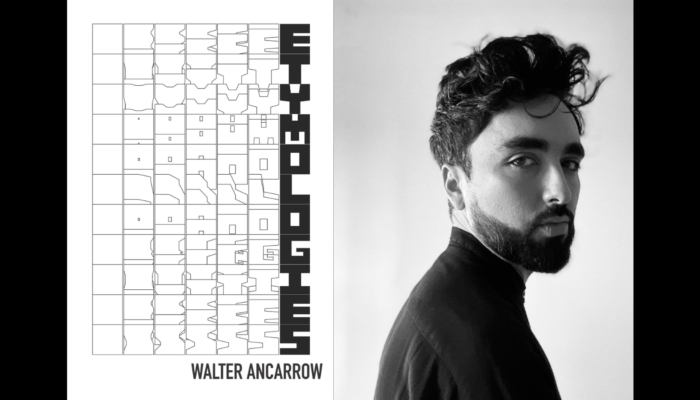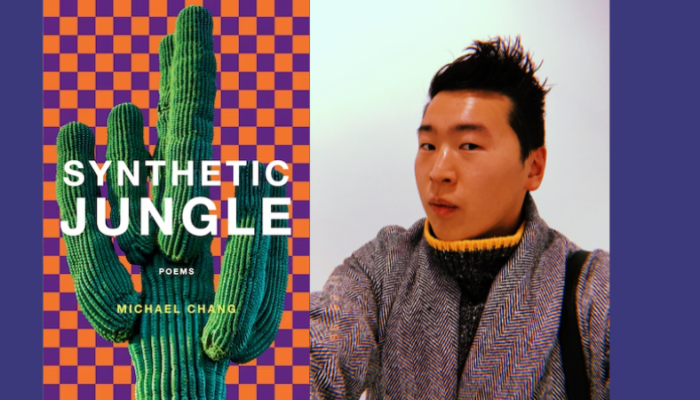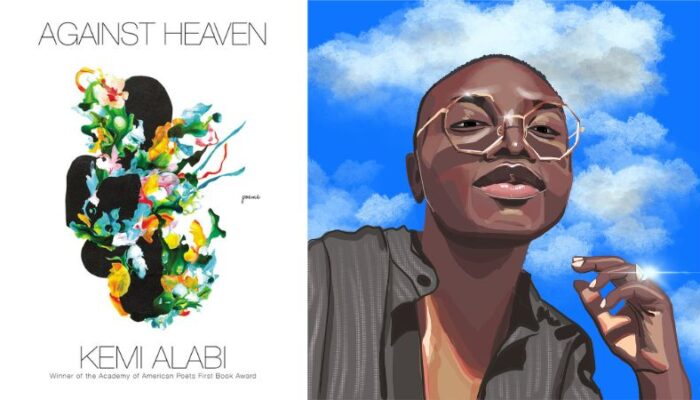Apogee Journal Issue 06 features writing by renowned author, Jerald Walker. In the following interview, Walker shares some thoughts on writing, teaching, and the hard truth about honesty. 
Cecca Ochoa: Your essay “The Heritage Room” discusses your experience with a white colleague’s accusation that you showed anger, threatening anger, and leveraged her claim to ban you from your committee. What this essay does so well is examine the perceived difference between “black anger” and “white anger” in a predominantly white institution. Black anger is “irrational and scary” while white anger is… rational? (According to the institution). How would you describe white anger?
Jerald Walker: Yes, generally white anger is seen as a form of integrity, an emotional reaction rooted in principle and morality. It is also a thing wholly controllable, like a rifle in the hands of a marksman, whereas black anger is the grenade handled by a fool.
CO: I have to ask, what is the price of honesty for a nonfiction writer? You’ve written about how your family has reacted to finding out about your adolescence. I’m sure that your colleagues whom you have written about must also have reactions. How do you deal with fear of judgment and retaliation when writing?
JW: I have no concerns about colleagues retaliating about anything I write. My only concern is to tell stories as truthfully as I can. What happens after that is out of my control.
CO: In The Heritage Room, you write “Racism is part and parcel of our culture, the great American disease with which we all are afflicted; there will be no cure until we accept this diagnosis.” I feel like many American’s are able to acknowledge racism in the big picture, but still can’t apply that knowledge to themselves. Much like the colleague in your essay, no one wants to accept the diagnosis of racism on an individual level. Is there a twelve step program, or?
JW: No, only a willingness to be honest. But there is very little upside for whites to be honest when it comes to race, particularly if that honesty puts them in a negative light. Show me a white person who admits to harboring even the slightest racial bias, and I’ll show you a social pariah.
CO: Ah, there’s the question of the price of honesty again. Perhaps we’d all do well to borrow from your commitment to truth. As a professor of writing, and a writer, in what ways do you see literature and writing taught and experienced in a racialized way?
JW: Black literature is taught as sociology, primarily as records of oppression and/or dysfunction. Unfortunately, it’s often written that way as well.
CO: What would it mean to teach and to learn writing in a way where students who are currently not privileged in a given curriculum, (students from differing races, cultures, physical abilities genders, sexualities) to feel like their identity as writers and individuals was truly valued (not merely tokenized)?
JW: Rather than being taught as sociology, literature by and about historically underrepresented groups should be taught (and written) in a way that addresses the universality of the human condition.
CO: If you were to add to the MFA canon, the sort of work that every first year candidate had to read and study. Who would it be?
JW: In terms of craft, which is what I focus on, I think all aspiring writers would do well to study James Alan McPherson.
CO: I found Street Shadows (Winner of the 2011 PEN New England/L. L. Winship Award for Nonfiction) to be one of the most beautifully written memoirs I’ve read. I am so thrilled to learn that a new book is in the works. What does your new collection explore? And when and where can we find it?
JW: Thank you for the nice words about Street Shadows. The new book is a memoir titled The World in Flames and it’s about my being raised in a doomsday cult, and how that experience set the stage for a decade of emotional and psychological turmoil. It is, in essence, the prequel to Street Shadows. Expect to see it in bookstores next September.
Jerald Walker is the author of Street Shadows: A Memoir of Race, Rebellion, and Redemption, recipient of the 2011 PEN New England/L.L. Winship Award for Nonfiction. His essays have appeared in publications such as The Harvard Review; Mother Jones; The Iowa Review; The Missouri Review; The Oxford American; and Creative Nonfiction, as well as four times in The Best American Essays. A professor of creative writing at Emerson College, he lives in Hingham, MA with his wife and two teenaged sons.



